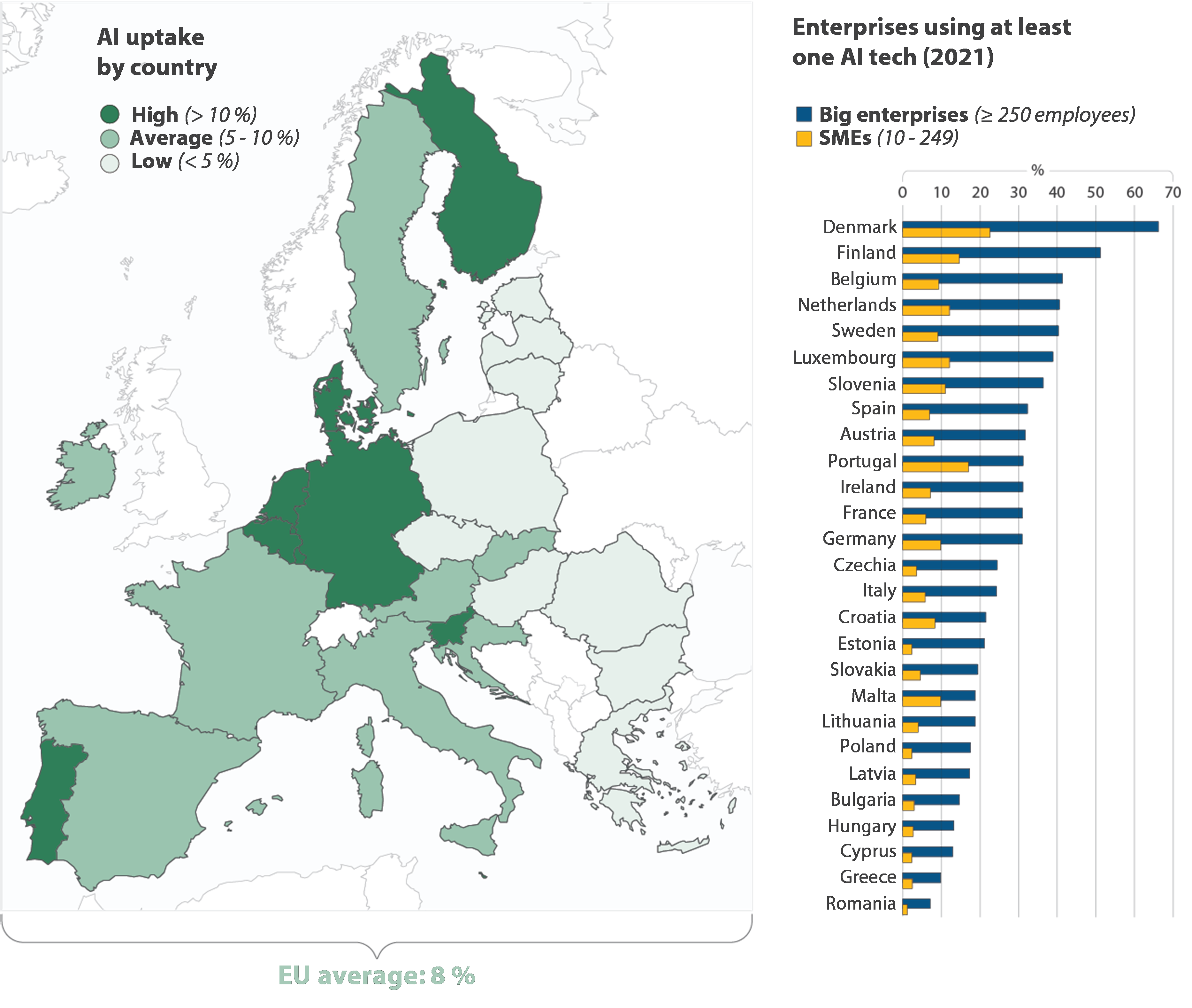EU AI Investment Powers Next-Generation Innovation in Ten Key Sectors for Global Competitiveness

EU’s €1 Billion AI Investment: Unlocking Next-Generation Innovation Across Ten Sectors
Europe Ramps Up Artificial Intelligence Development to Compete Globally
A pivotal initiative is underway as the European Commission sets aside €1 billion to support the integration of artificial intelligence in ten key areas. The move is designed to position the region more competitively on the world stage, particularly as pressure mounts from leading technology superpowers. The decision comes amidst a landscape where digital transformation has become a clear priority for socioeconomic growth, with advanced innovations standing at the forefront of global ambition.
The allocation targets sectors pivotal to public welfare and industrial advancement, starting with healthcare, pharmaceuticals, manufacturing, and environmental protection. These four, already announced, represent foundational pillars of the modern economy where machine learning, automation, and smart analytics could create immense value. The remaining six sectors, yet to be disclosed, are expected to further underscore strategic growth areas where European leadership could make a transformative impact.
This funding aligns with the broader vision to encourage technologically advanced solutions that drive not only operational efficiency but deliver improved quality of life. By emphasizing responsible deployment, the effort reflects a commitment to both economic progress and societal benefit, keeping human-centric, trustworthy AI development at the core.
Prioritizing Strategic Sectors for AI Roll-out
The choice of focus areas reveals a clear intent to address critical challenges and opportunities across the economic spectrum. In healthcare, advanced systems can enable better diagnostics, predictive care, and streamlined patient management. For pharmaceuticals, the power of computational models accelerates research, development, and regulatory compliance, offering the promise of faster, safer treatments. Manufacturing stands to benefit from intelligent automation and predictive maintenance, driving competitiveness through flexibility and reliability.
Environmental protection is poised to leverage vast data sets and real-time monitoring to boost sustainability, optimize resources, and reduce emissions. As digital transformation progresses, the ten sectors will constitute a robust testbed for responsible technology deployment, adoption, and assessment of outcomes. In parallel, knowledge-sharing initiatives and cross-industry partnerships are set to catalyze the spread of best practices, strengthening Europe’s innovation fabric.
The Commission’s funding is expected to encourage private sector collaboration by de-risking early deployment and supporting high-impact pilot projects. This builds crucial capacity for European startups and established actors alike, ensuring a diverse pipeline for future technological leadership.
Regulatory Evolution and Investment Challenges on the Horizon
While the financial commitment represents a leap forward, expert voices highlight the need for long-term, scalable investment to truly match global competitors. Observers note that the current allocation, although significant, falls short when compared to international efforts in driving advanced technologies. This fiscal difference not only shapes the speed of deployment but also affects the breadth of innovation and the scope for broad societal benefit.
Strategic regulation plays an equally important role in fostering a sustainable innovation environment. Legislative updates are underway, aiming to balance robust oversight with operational flexibility. The planning and implementation of updated rules are set to provide guidance for businesses, clarify obligations, and remove unnecessary barriers for market entry and expansion.
The legal framework under discussion is expected to anchor the responsible use of artificial intelligence, seeking to harmonize high standards with practical pathways for development and deployment. The timeline for bringing new rules into effect underscores the importance of predictable policy in promoting innovation while safeguarding European values of safety, accountability, and privacy.
Building Foundations for a Human-Centric, Competitive Future
Leadership at the highest levels has emphasized that technological advancement must go beyond administrative enhancements, extending deep into industrial operations and the heart of value creation. This integrated vision marks a strategic shift in how digital technologies are deployed, underscoring digital readiness not simply as a supplement but as a core driver of growth and resilience.
Collaboration across sectors, the creation of specialized facilities, access to secure computing infrastructure, and upskilling initiatives are pillars of the investment plan. These measures aim to build local expertise, foster talent, and create fertile ground for both incremental progress and breakthrough innovations. The planned establishment of support structures and forums for dialogue further cements the region’s intent to remain an influential player in the international artificial intelligence community.
As additional sectors are revealed and regulatory packages finalized, this pivotal investment marks a crucial chapter for Europe’s digital decade. Continued coordination between policymakers, industry, and researchers will be key to translating financial commitments into sustainable impact and keeping European ingenuity at the forefront of the global technology race.
